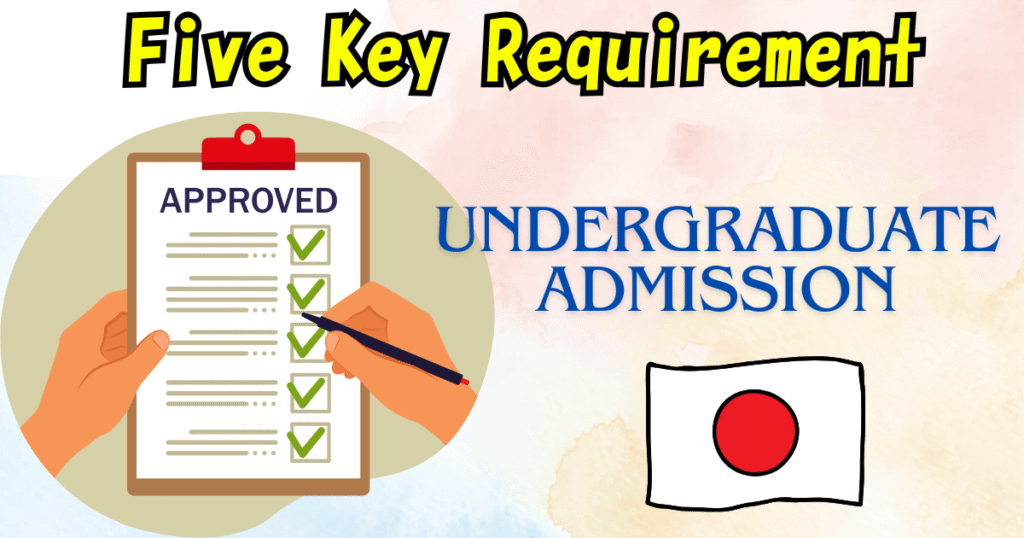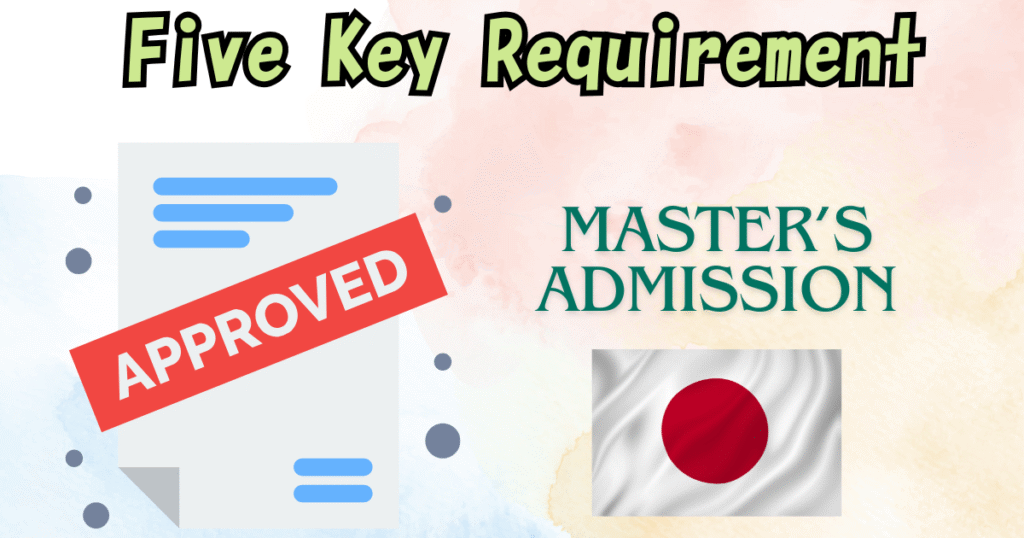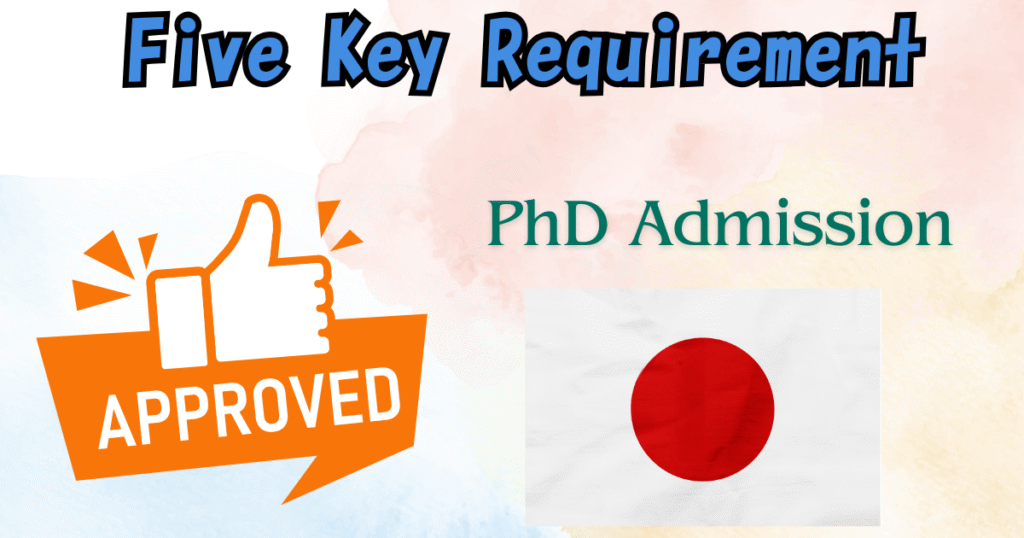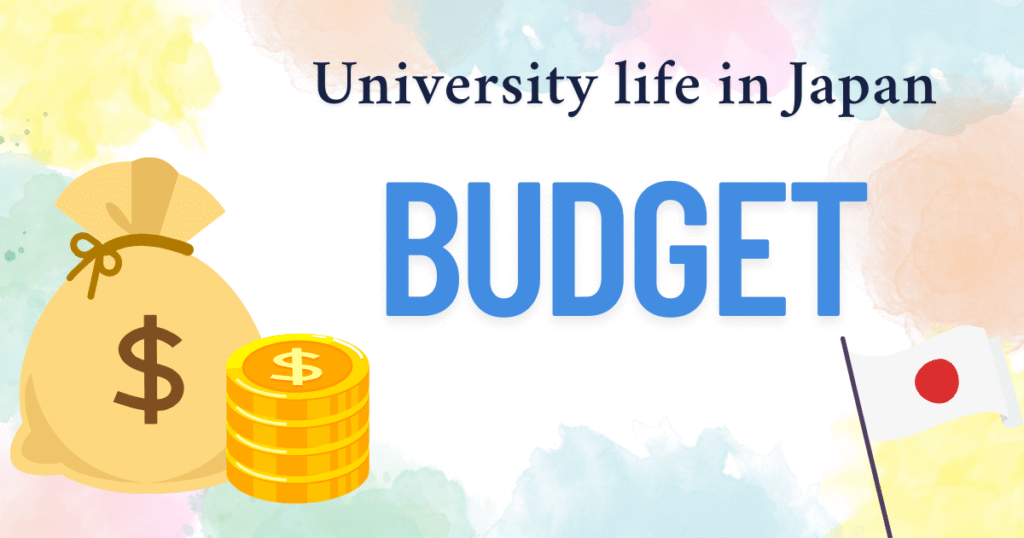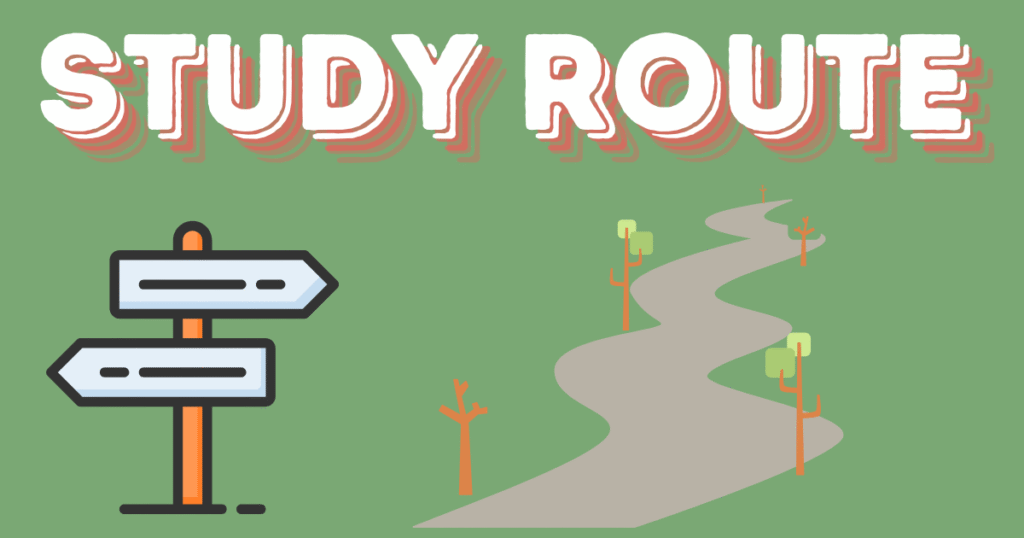Requirement to Study in Japan for interntional students
【Undergraduate】
Details are provided in the blog post in the right side, but the following are the requirements.
- Formación académica
- Japanese Language Proficiency — JLPT N2 or EJU Japanese Score
- Academic Ability — EJU or International Exams
- University-Specific Screening — Essays, Interviews, and More
- Financial Preparation or Scholarships
【Master's】
Details are provided in the blog post in the right side. Compared to undergraduate programs, more weight is placed on points 3 and 4. In some cases, Japanese is not required if the applicant has strong English skills.
- Formación académica
- Language ProficiencyJapanese — JLPT N2/N1 or English TOEFL/IELTS
- Research & Academic Capability — GRE, Research Plan, Relevant Experience
- University-Specific Screening — Research Proposal, Letters of Recommendation, Interview
- Financial Preparation or Scholarships
【PhD】
Compared to the Master’s level, even greater emphasis is placed on points 3 and 4.
- Formación académica
- Language ProficiencyJapanese — JLPT N2/N1 or English TOEFL/IELTS
- Research Achievements & Capability — Publications, Conference Presentations, Research Plan)
- University-Specific Screening — Research Proposal, Letters of Recommendation, Interview
- Financial Preparation or Scholarships
Budget for international students to Study in Japan
Before thinking about money in detail, remember this: having a clear budget helps you enjoy your study-abroad life. Aim for ¥120,000 to ¥150,000 per month (not including tuition), especially if living in a big city. Keeping track of spending lets you focus on study and life. Details are shown in the blog post in the right side.
- Tasas de matrícula
- Health Insurance & Medical Costs : ¥2,000 to ¥10,000
- Housing Costs : ¥50,000 to ¥80,000
- Groceries : ¥30,000
- Eating out : ¥10,000
- Other Essentials ¥20,000
Study Routes to enter Univesitiy in Japan
Details are in the blog post on the right, but there are two main routes.
Vía 1: Admisión directa
For students with 12 years of schooling and strong scores (EJU, JLPT N2). Fast and low-cost, but documents must be ready. Grad students should contact professors early.
Route 2: Language School First
Start at a language school (6–24 months) to boost Japanese and prepare for EJU. Good performance may lead to easier admission via school recommendation.

